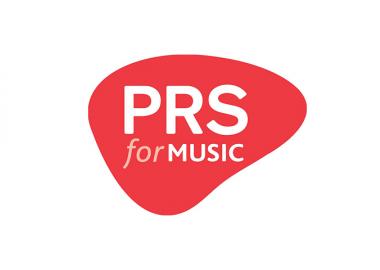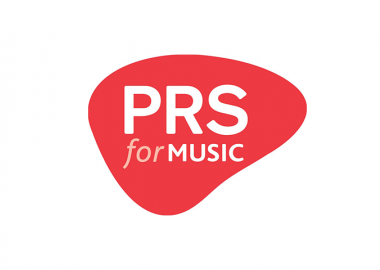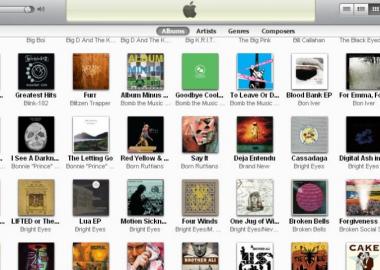Making an arrangement of a piece of music is fairly common practice among leisure-time music groups, but there are a number of things to consider before you can make one.
Some data
From our Big Survey 2022, we know performing groups commission at least 1430 arrangements each year.
But we think this might be the tip of the iceberg and there is much more work being done by very skilled professionals.
This work is crucial for many groups, allowing them to engage with a wider repertoire and repertoire written for different forces or voices, etc.. These skills are not always recognised or celebrated, which is why Making Music has introduced our annual award for best arrangement for a leisure-time music group.
One possible reason for arranging being under the radar could be uncertainty around how and when to seek permissions for arranging, what qualifies as an arrangement and how to ensure that all involved – the original music creator and the arranger – are fairly recompensed.
This resources will look at these questions and even explain how you arrangers could make some money.
When and how to arrange music?
By the letter of the law, you need permission from the copyright holder to make any changes to a piece of music. This applies to the music and lyric copyright and includes things like key changes, removing a verse, or repeating a chorus.
However, there is perhaps some common sense to be applied. Where the changes are minor you might decide that getting permission is an unnecessary administrative burden for you and the copyright holder/publisher.
The decision about what is a minor change is up to the arranger. A good question to ask yourself is, are you fundamentally changing the nature of the piece? If you are, then you should ask for permission. But if you are maintaining the original nature of the piece but making small adjustments to suit the piece to your group and get the best performance from your group, then they might be viewed as minor. If you do take this view you should, of course, make sure you pay PRS fees for any live performances.
If you plan to make more significant/fundamental changes then you should get permission from the copyright holder.
Another consideration is how you will use the arrangement. For example, even for minor changes, if you plan to use the arrangement beyond live performance by your group (e.g. digital versions or making it available to other groups) then seeking permission is a good idea.
How to get permission?
To get permission, easiest way is to contact the publisher - if you do an internet search for the name of the publisher and ‘permissions’ then you will normally find an email address or online form to complete.
It can take some time so make sure you ask for permission well in advance of the performance (at least two months ideally). Sometimes permission will come with a condition – such as a limit on the number of performances or whether you can make a recording. You might even find that you can monetise your new arrangement.
Hal Leonard: Hal Leonard's ArrangeMe platform enables songwriters, composers, and arrangers to sell their arrangements through the popular sheet music retailers.
The ArrangeMe platform handles all permissions with no membership fees, distribution fees, or publishing fees required to participate.
Arrangers can then sell their creations and earn money for every piece of music sold, while ArrangeMe handles logistics including distribution, commission payments, and copyright.
For groups it’s a great way to find and purchase arrangements knowing everything is 'above board'.
Further resources
Copyright, licensing and permissions resource series:
- What is copyright?
- Obtaining music
- Rehearsing music
- Events – live performance of music and holding an event
- Recording and distributing music
- Live music online
While getting permission for arranging can seem a bit intimidating, it is a path well-travelled, in which Making Music staff have plenty of experience in - contact us at info@makingmusic.org.uk if you have any further questions about arranging.
We hope you find this Making Music resource useful. If you have any comments or suggestions about the guidance please contact us. Whilst every effort is made to ensure that the content of this guidance is accurate and up to date, Making Music do not warrant, nor accept any liability or responsibility for the completeness or accuracy of the content, or for any loss which may arise from reliance on the information contained in it.










